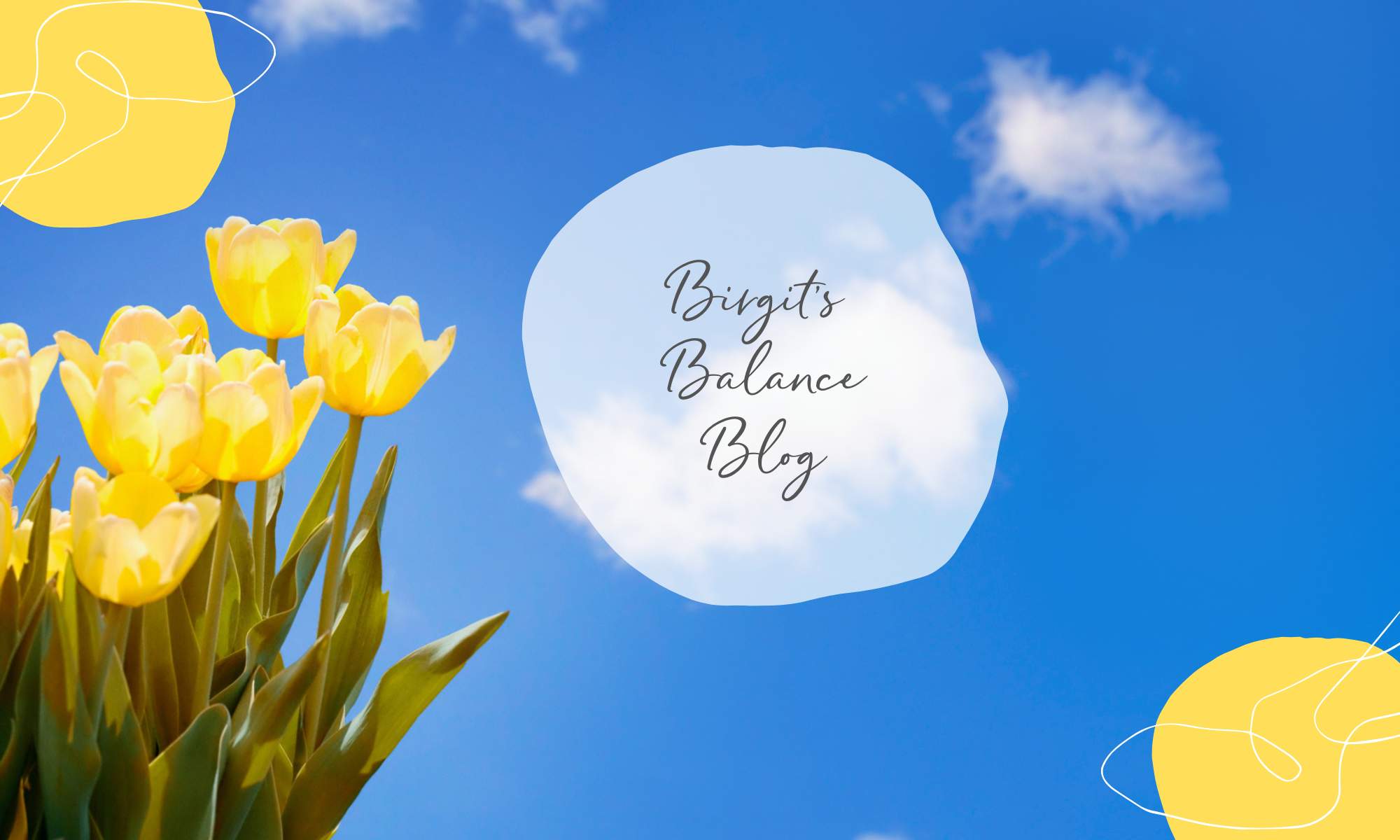
Who said it always has to be hard?
Sure, not everything is always easy and simple. But often we have the tendency to make things difficult for ourselves.
That is when good things happen to us, when something gets off our hands easily, when something falls into our laps, when we manage something on our own, when we get something effortlessly.
If that is the case, can you accept it, can you enjoy it, can you be happy about it?
Or do you become suspicious?
Do you wonder what the catch is?
Or if your are worth it?
And while you are brooding or playing down your happiness, you remove the magic from the situation and the joy from yourself.
That’s not very helpful – but there’s a reason for it.
There are two main phenomena that bring this heaviness into our lives:
Our socialisation and the convictions and beliefs associated with it and our own upper limit of happiness.
Only the strong survive – Our socialisation
There are a number of sayings that are intended to make it clear that life is not a bowl of cherries (that’s another one ;-)) You have probably already encountered them: “No pain, no gain”, “pride goes before a fall”, etc.
Achieving something without effort? No real achievment.
Something is available at a reasonable price? That cannot be of quality.
And even when it comes to choosing a better half – “make yourself scarce”.
Even marketing uses this belief. The so-called “scarcity principle” ensures that we consider something particularly desirable and valuable when it is hard to get or it’s only available in a small number. Hence, sometimes an artificial scarcity is created to drive the price. (Limited edition, exclusive membership …)
Your upper limit of happiness
And then there is a kind of inner boundary. There is something like a personal happiness limit. Whenever the degree of happiness that happens to us exceeds (or falls short of) previously known ranges, it feels strange. As if something has gone out of balance. And since our inner system is always focused on maintaining the known state with as little effort as possible, our subconscious mind starts to initiate thoughts and behaviour that ensure “that we don’t exaggerate our happiness”. Therefore, as research has shown, even after major happiness events, such as winning the lottery, we snap back to the original level of happiness after a certain time.
Thus, increasing your happiness level asks for entering new emotional territory and to allow and accept joy and ease.
So the next time something nice happens to you or someone does something good to you (e.g. shares positive feedback and appreciation), accept it, absorb it and allow yourself to be happy about it.
The energy that this joy gives you can then be used to tackle real challenges with more confidence.
“Whether life is a walk in the park or not depends a lot on whether you walk with your head down most of the time or if you decide to lift your perspective, look up and recognise the wonderful nature that surrounds you.“
Do you want to be well?
Do you allow yourself to be happy?
Can it be easy?
I wish you a wonderful Advent season with easy moments and that you may succeed in accepting them and increasing your happiness level!
Yours, Birgit
PS: little warning about the risks and side effects: it is possible that people in your environment will react a little irritated if you leave the path of reasonable seriousness and problematisation in the future. But maybe one or the other wants to walk with you 😉
